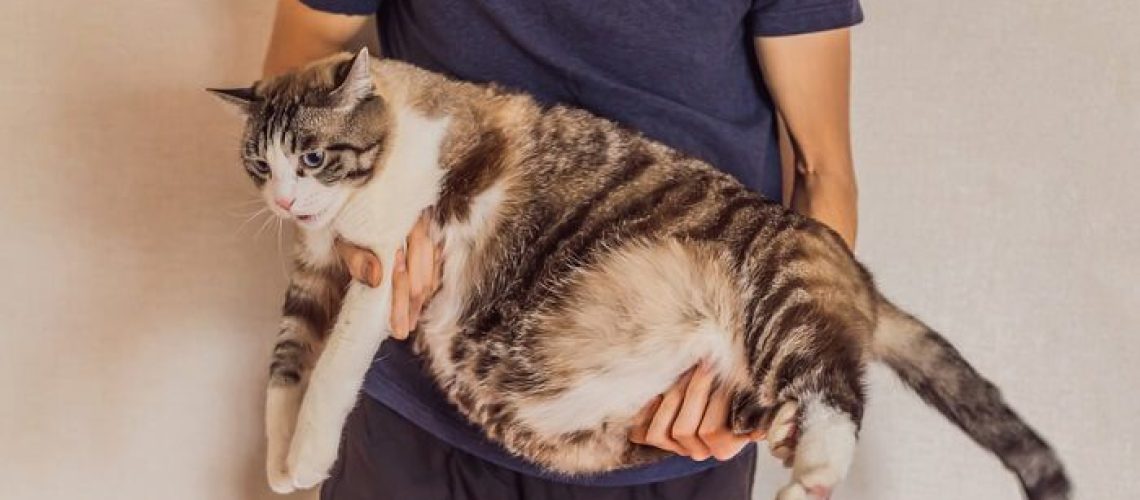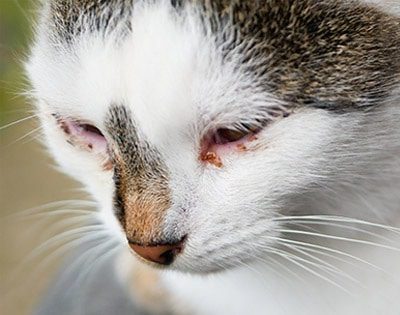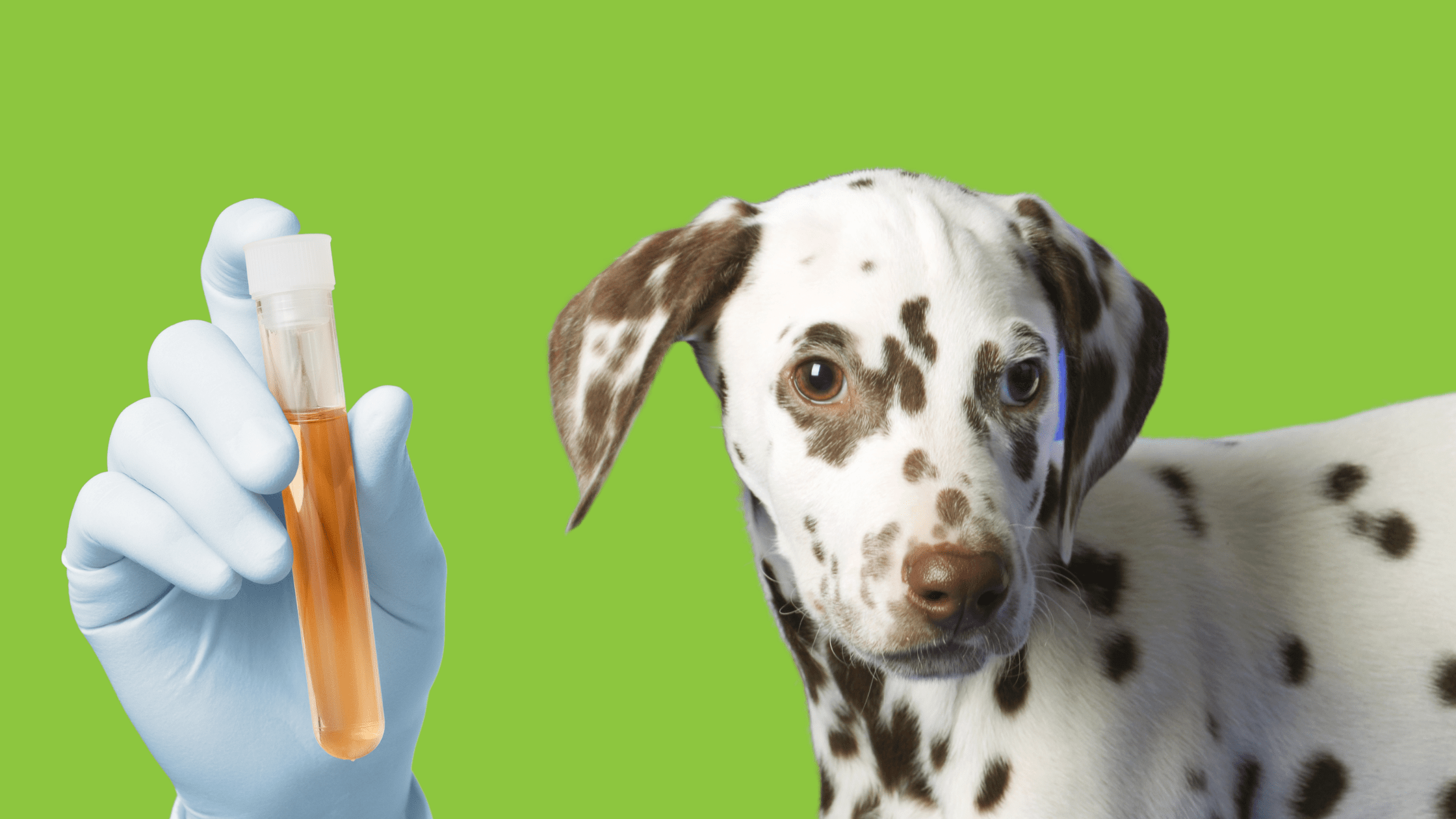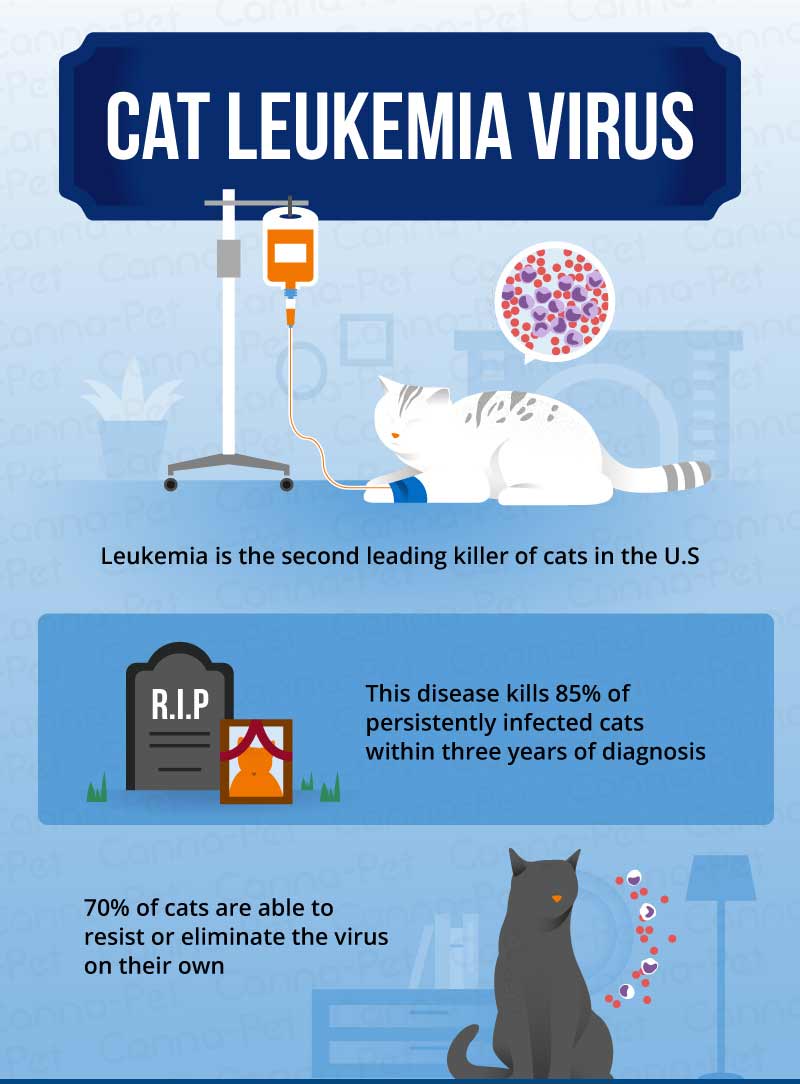Are you a cat lover? Do you want to ensure your furry friend stays healthy and happy for years to come? Well, then it's time to pay attention to something that might surprise you: your cat's fat levels. Yes, you read that right! Hyperlipidemia, a condition characterized by high levels of fat in the blood, is becoming increasingly common among feline companions. But don't worry, because understanding this topic is essential for keeping your beloved pet in tip-top shape. In this article, we'll delve into the world of hyperlipidemia and explore why watching your cat's fat levels is crucial for their well-being. So grab a cozy spot next to your purring companion and let's get started on this journey towards a healthier future together!
Key Takeaways:
- Hyperlipidemia is a condition characterized by high levels of fat in the blood, which can lead to serious health issues in cats.
- Diet plays a crucial role in managing hyperlipidemia in cats, and it is important to feed them a low-fat and balanced diet.
- Regular monitoring of your cat's fat levels through blood tests is essential to ensure effective management of hyperlipidemia.
- Weight management is crucial for cats with hyperlipidemia, as obesity can worsen the condition and increase the risk of other health problems.
- Working closely with your veterinarian is key to developing an individualized treatment plan for your cat's hyperlipidemia, including dietary adjustments and medication if necessary.
Understanding Hyperlipidemia in Cats: Why Fat Levels Matter
What is Hyperlipidemia?
Hyperlipidemia is a condition in cats where there are high levels of fat, or lipids, in their blood. This can happen when the body produces too much fat or when the cat's diet contains excessive amounts of fat. When there is an excess of fat in the blood, it can lead to various health problems for your furry friend.
Why Fat Levels Matter
Fat is an essential nutrient for cats as it provides them with energy and helps maintain healthy skin and coat. However, when there is too much fat in the blood, it can start to build up on the walls of the blood vessels. This buildup can narrow the blood vessels and restrict proper blood flow to vital organs like the heart and kidneys. Over time, this can lead to serious health issues such as heart disease and kidney damage.
To ensure your cat stays healthy, it's important to monitor their fat levels and take steps to manage them if necessary. By understanding hyperlipidemia and its effects on your cat's health, you can make informed decisions about their diet and lifestyle to keep them happy and well.
The Impact of High Fat Levels on a Cat's Health: What You Need to Know
Effects on Organs
When a cat has high levels of fat in their blood, it puts extra strain on their organs. The heart has to work harder to pump blood through narrowed blood vessels, which can lead to heart disease over time. The kidneys may also be affected as they rely on proper blood flow for optimal function. If left untreated, hyperlipidemia can cause irreversible damage to these vital organs.
Complications
In addition to organ damage, high fat levels can lead to other complications in cats. One common complication is pancreatitis, which is inflammation of the pancreas. The pancreas plays a crucial role in digestion and regulating blood sugar levels, so any inflammation can disrupt these processes. Cats with hyperlipidemia are also at an increased risk of developing diabetes.
It's important to be aware of these potential health impacts and take steps to manage your cat's fat levels to prevent long-term complications.
Recognizing the Signs of Hyperlipidemia in Cats: Common Symptoms to Watch For
Changes in Appetite
One of the first signs that your cat may have hyperlipidemia is a change in their appetite. They may start eating less or lose interest in food altogether. On the other hand, some cats may experience increased hunger and constantly beg for food. These changes in appetite can be a result of the underlying metabolic changes caused by high fat levels.
Weight Loss or Weight Gain
Hyperlipidemia can cause both weight loss and weight gain in cats. Some cats may lose weight despite having a good appetite, while others may gain weight even with reduced food intake. These changes in body weight can be attributed to the disruption in metabolism caused by excessive fat in the blood.
If you notice any significant changes in your cat's appetite or body weight, it's essential to consult with your veterinarian for proper diagnosis and treatment.
Are Certain Cat Breeds More Prone to Hyperlipidemia? Find Out Here
Certain cat breeds are more prone to developing hyperlipidemia than others. These breeds include:
1. Siamese: Siamese cats have been found to have a genetic predisposition to high cholesterol levels.
2. Maine Coon: Maine Coon cats are also at an increased risk due to their genetics.
3. Persian: Persian cats are known to have a higher likelihood of developing hyperlipidemia.
While these breeds may be more susceptible, it's important to note that hyperlipidemia can occur in cats of any breed. Regular monitoring of their fat levels and appropriate diet management is crucial for all cats, regardless of breed.
Dietary Changes for Managing Hyperlipidemia in Cats: What Works Best?
Low-Fat Diet
One of the most effective ways to manage hyperlipidemia in cats is by feeding them a low-fat diet. This means choosing cat food that is specifically formulated for cats with this condition. These diets typically have reduced fat content while still providing all the necessary nutrients your cat needs to stay healthy.
Avoiding High-Fat Treats
In addition to their regular diet, it's important to avoid giving your cat high-fat treats or table scraps. These can quickly add up and contribute to elevated fat levels in their blood. Instead, opt for low-fat treats or even consider using small portions of their regular food as treats.
By making these dietary changes, you can help manage your cat's hyperlipidemia and improve their overall health.
The Role of Regular Exercise in Preventing and Managing Hyperlipidemia in Cats
Encouraging Physical Activity
Regular exercise is essential for maintaining a healthy weight and preventing obesity in cats, which can contribute to the development of hyperlipidemia. Encourage your cat to engage in physical activity by providing toys they can chase or interactive play sessions with you. This will not only help them burn calories but also keep them mentally stimulated and happy.
Safe Indoor Environment
Creating a safe indoor environment for your cat is crucial for promoting regular exercise. Ensure they have access to scratching posts, climbing structures, and toys that encourage movement. Set up a designated play area where they can engage in active play without any hazards.
By incorporating regular exercise into your cat's routine, you can help prevent hyperlipidemia and improve their overall well-being.
Treating Hyperlipidemia in Cats: Available Medications and Treatments
Prescription Medications
In some cases, your veterinarian may prescribe medications to help manage your cat's hyperlipidemia. These medications work by reducing the production of fat in the body or increasing the breakdown and elimination of fats from the blood. It's important to follow your vet's instructions carefully when administering these medications to ensure their effectiveness and minimize any potential side effects.
Lifestyle Modifications
Along with medication, lifestyle modifications are crucial for managing hyperlipidemia in cats. This includes maintaining a low-fat diet, promoting regular exercise, and monitoring your cat's weight and fat levels regularly. By making these changes, you can significantly improve your cat's quality of life and reduce the risk of complications associated with high fat levels.
Remember to consult with your veterinarian for personalized treatment recommendations based on your cat's specific needs.
In conclusion, it is important to keep an eye on your cat's fat levels to prevent hyperlipidemia. By providing a balanced diet and regular exercise, you can help your cat maintain a healthy weight and avoid potential health problems.
How do you treat hyperlipidemia in cats?
"If no specific reason is identified, your pet will be prescribed a low-fat, high-fiber diet." Along with dietary adjustments, medications and supplements may be advised as well. Omega-3 fatty acids (found in fish oil) and/or chitin/chitosan can be used to treat hyperlipidemia when combined with a low-fat diet.
What is hyperlipidemia high blood levels of fat?
Hyperlipidemia is a medical condition characterized by high levels of lipids, such as cholesterol and triglycerides, in the bloodstream. It is associated with the development of atherosclerosis, which is the hardening of the arteries, as well as other severe conditions like heart attack, stroke, and peripheral artery disease.
What causes hyperlipidemia in cats?
Secondary hyperlipidemia can be caused by various conditions such as hypothyroidism, pancreatitis, diabetes mellitus, nephrotic syndrome, hyperadrenocorticism, cholestasis, obesity, or the consumption of high-fat diets. Hypothyroidism, whether congenital or acquired, is uncommon in cats.
How can I lower my cats triglycerides?
Omega-3 fatty acid fish oil supplements have been shown to be effective in reducing elevated triglyceride levels. If changes in the cat's diet have not sufficiently lowered their triglyceride levels, the vet may recommend prescribing fish oil supplements.
How long does it take to reverse hyperlipidemia?
Cholesterol levels can be altered within a few weeks through lifestyle changes, although it may take around 3 months or sometimes longer. If a person has not seen a decrease in their LDL cholesterol levels after about 12 weeks of lifestyle changes, some doctors may suggest adding a medication to lower cholesterol.
Does hyperlipidemia ever go away?
Hyperlipidemia can be managed but typically requires lifelong treatment. It involves monitoring your diet, maintaining regular exercise, and potentially taking prescribed medication. The objective is to reduce levels of harmful cholesterol.

















